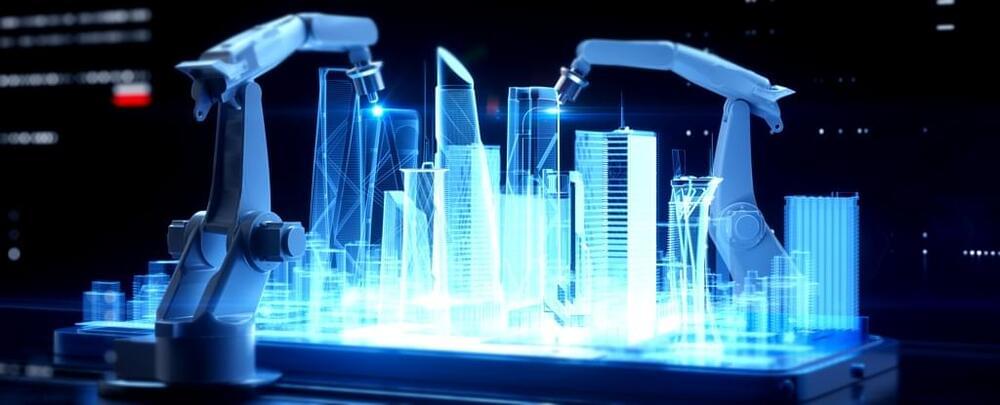Imagine living in a cool, green city flush with parks and threaded with footpaths, bike lanes, and buses, which ferry people to shops, schools, and service centers in a matter of minutes.
That breezy dream is the epitome of urban planning, encapsulated in the idea of the 15-minute city, where all basic needs and services are within a quarter of an hour’s reach, improving public health and lowering vehicle emissions.
Artificial intelligence could help urban planners realize that vision faster, with a new study from researchers at Tsinghua University in China demonstrating how machine learning can generate more efficient spatial layouts than humans can, and in a fraction of the time.









Comments are closed.